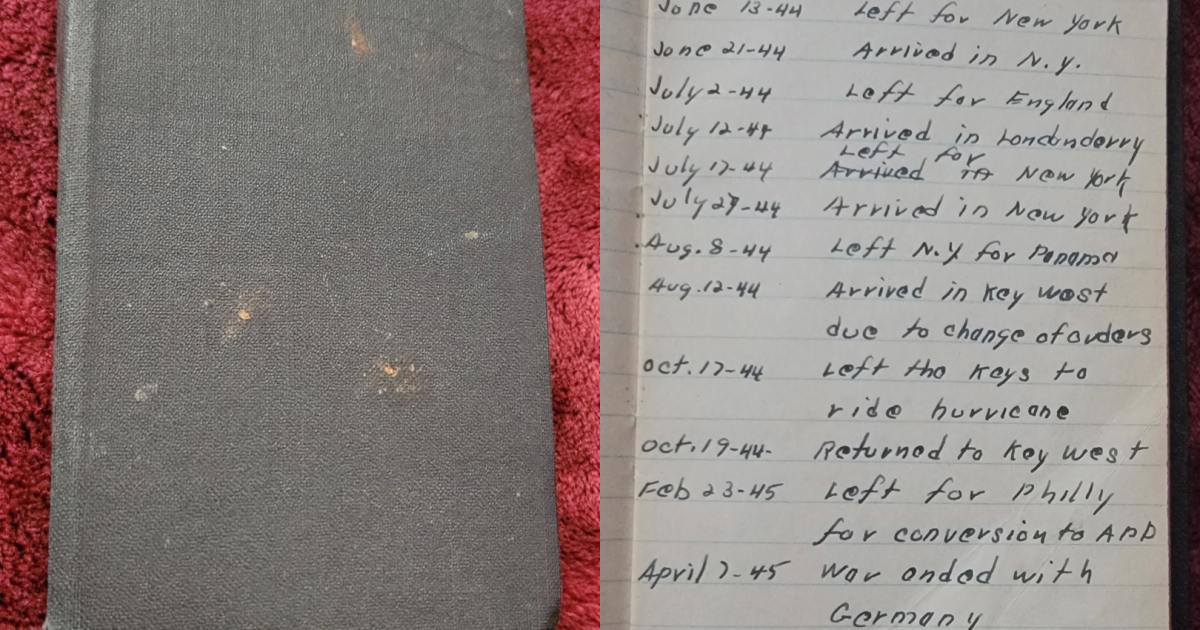Clotilda wreckage discovered in Alabama is the last known ship to bring slaves to America
The Alabama Historical Commission confirmed Wednesday it had discovered the wreckage of the Clotilda, the last known ship to bring slaves to America. Remnants of the Clotilda was discovered in in a previously unexplored area of the Mobile River.
Researchers spent a year working to confirm the vessel's identity. Their findings were "independently reviewed and agreed upon by an international suite of leading authorities," the Alabama Historical Commission said in a press release.
"We are cautious about placing names on shipwrecks that no longer bear a name or something like a bell with the ship's name on it, but the physical and forensic evidence powerfully suggests that this is Clotilda," said maritime archeologist Dr. James Delgado, who led the project.
Delgado worked with the Alabama Historical Commission and multiple groups, including the Smithsonian National Museum of African American History & Culture, National Park Services, and SEARCH, INC, an archeology and cultural resource company. The search for the ship's wreckage has gone on for years, and previous claims that it had been found were later disproven.
The Clotilda sailed for less than half a year in 1860 but illegally transported 110 enslaved people from Benin, Africa to Mobile, Alabama — 52 years after the Act Prohibiting Importation of Slaves was implemented.
Federal authorities were tipped off about the ship, leading to its co-conspirators, Timothy Meaher and Captain William Foster, to offload the Clotilda's cargo to a riverboat. They then burned the Clotilda and set it adrift. Slaves who survived the voyage remained indentured until the end of the Civil War in 1865.
A group of freed slaves who were forcibly transported on the Clotilda later acquired land and created the Africatown community near the Mobile River.
"Finding the Clotilda represents the final nautical bookend to one of the most horrific periods in American and world history. It is my hope that this discovery brings a comforting peace to the Africatown descendants and begins a process of genuine community and memory restoration," Kamau Sadiki, a member of the Slave Wrecks Project and peer review team that confirmed the identity of the Clotilda, said in a press release.
The groups responsible for discovering the wreckage of the Clotilda will release a full archeological report Thursday, May 30.




